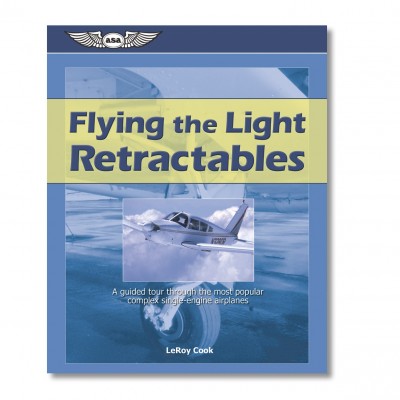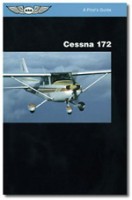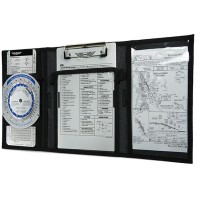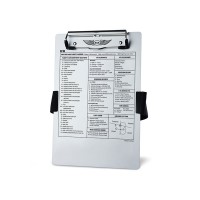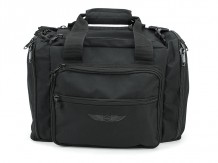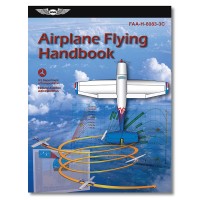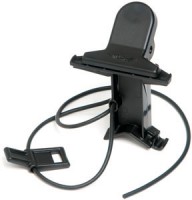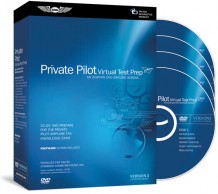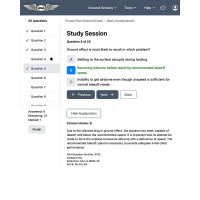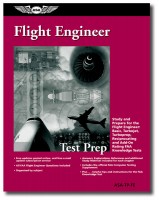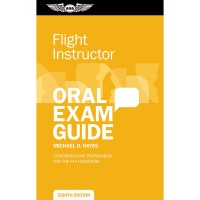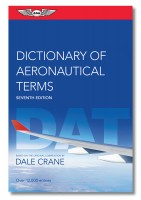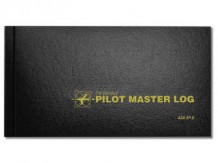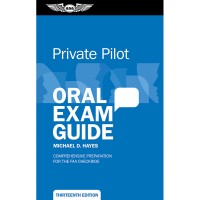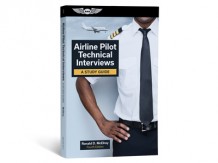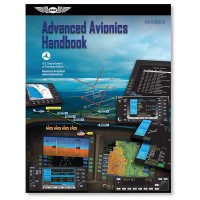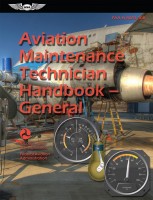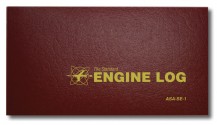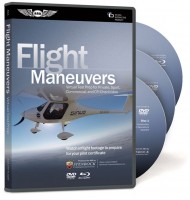1-877-795-2278 | info@aircraftspruce.ca
Aircraft Spruce Canada
Brantford, ON Canada
Corona, CA | Peachtree City, GA
Chicago, IL | Wasilla, AK
Aircraft Spruce Canada
Brantford, ON Canada
Corona, CA | Peachtree City, GA
Chicago, IL | Wasilla, AK
FREE SHIPPING ON ORDERS OVER $699 (SOME EXCLUSIONS APPLY) | 877-795-2278
ASA Flying Light Retractables
Select Model:
 Soft Cover
Soft Cover eBook PD
eBook PD eBook EB
eBook EBOverview
|
LeRoy Cook's guided tour through the most popular high-performance single-engine airplanes. Follow author LeRoy Cook on a tour of the retractable-gear airplanes you’ve always wanted to learn more about. Flying the Light Retractables is an informative journey through the development history of each plane with plentiful insight into design considerations, evolutionary changes, advantages and disadvantages of the different models, and background on maintenance issues. Pilots or potential owners will really get a sense of the subtle or not-so-subtle differences; this is like going flying with the author and having the advantage of his eye for detail and sense of observation. Cook gives a unique perspective on ergonomics, control feel and other features that work or don’t work for the pilot and/or passengers…it becomes obvious that he has spent many hours in different makes of aircraft. As a potential buyer, you’re most interested in performance and economic trade-offs, and Cook excels in such details. His balanced discussion stacks the technical detail (speeds, loads, etc.) against economic factors. You’re not swamped with numbers, but you come out with a good sense of what you need and want to know about flying these light retractable-gear airplanes. Beautiful photographs (some in color) accompany each airplane discussion, covering these aircraft: Mooney M20C, M20J 201/MSE, Beech Bonanza 35, Beech Sierra, Cessna Cardinal RG, Cessna Cutlass RG, Lake Buccaneer, Piper Comanche 180, Piper Arrow, and Rockwell Commander 112TC. |
Specifications
- Dimensions: 7-1/4" x 9"
- Page Count: 160 pages
- Illustrations: Color
- Weight: 0.75 lbs
In The Box
- eBook PD / EB - A protected document that looks identical to its print book counterpart. Exact formatting and layout of the print books is maintained (text, images, margins, page breaks, etc.). Displays best on 10-inch or larger screens. Not recommended for small screens (phones) which require you to zoom in and pan around to see the full page. This document is not a .pdf file type.
- Softcover Book - Printed book with heavyweight cover stock.
Q&A
Please note, Aircraft Spruce Canada's personnel are not certified aircraft mechanics and can only provide general support and ideas, which should not be relied upon or implemented in lieu of consulting an A&P or other qualified technician. Aircraft Spruce Canada assumes no responsibility or liability for any issue or problem which may arise from any repair, modification or other work done from this knowledge base. Any product eligibility information provided here is based on general application guides and we recommend always referring to your specific aircraft parts manual, the parts manufacturer or consulting with a qualified mechanic.

 Aircraft Spruce Canada
Aircraft Spruce Canada
